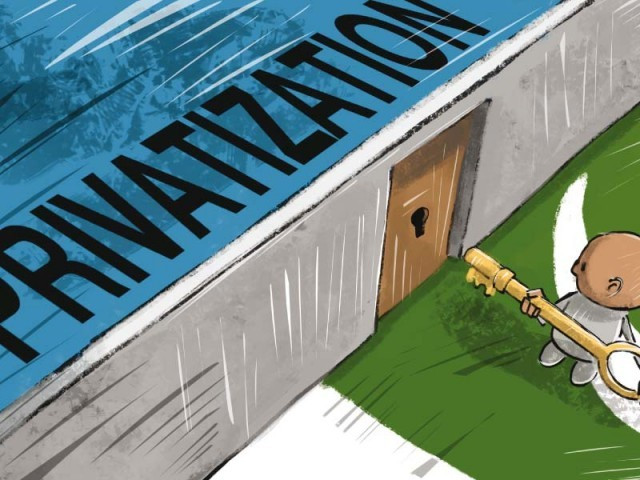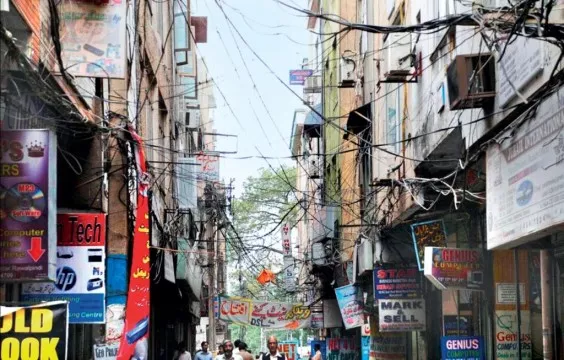Govt rolls out 5-year privatisation plan
.

The federal government has unveiled an ambitious five-year privatisation roadmap, detailing plans to privatise 24 state-owned enterprises (SOEs) in three phases.
The framework was presented in the National Assembly on Thursday by the Ministry of Privatisation. According to the plan, 10 institutions will be privatised in the first phase, 13 in the second, and one in the final phase.
Among the entities topping the list are the Pakistan International Airlines (PIA) and the Roosevelt Hotel in New York, both of which have been earmarked for early-stage privatisation, the house was informed.
Other institutions included in the first phase are First Women Bank, House Building Finance Corporation, Zarai Taraqiati Bank, Sindh Engineering, Islamabad Electric Supply Company, Faisalabad Electric Supply Company, and Gujranwala Electric Power Company.
The second phase will focus on the privatisation of major energy and insurance entities, including Pakistan Reinsurance Company, State Life Insurance Corporation, Utility Stores Corporation, Jamshoro Power Company, Central Power Generation Company, Northern Power Generation Company, Lakhra Power Generation Company, Lahore Electric Supply Company, Multan Electric Power Company, Hazara Electric Supply Company, Hyderabad Electric Supply Company, Peshawar Electric Supply Company, and Sukkur Electric Power Company.
In the final phase, the government plans to privatise the Postal Life Insurance Company.
In a related development, the Ministry of Commerce presented key details of the recently negotiated PakistanUnited States trade agreement in the National Assembly. The ministry revealed that the US has shown interest in investing in Pakistan's mineral sector, especially in copper and other key resources.
According to the ministry, while the United States currently imposes a 50% tax on the import of copper, iron, steel, and aluminium, refined copper has been exempted from this duty. This move opens up profitable export opportunities for Pakistan, which is ranked as the fifth-largest holder of copper reserves globally.
The Commerce Ministry said efforts are under way to brand Pakistan as a reliable global supplier of minerals. In this regard, a working group and steering committee, led by the Finance Minister, have held discussions with American officials and finalised a three-point strategic framework.
The primary aim of this strategy is to cushion the impact of potential challenges to Pakistan's exports while also working to reduce the country's trade deficit with the US by increasing targeted imports.
The ministry further stated that both governments are engaged in dialogue over tariffs and non-tariff barriers, with the intention of securing greater access for Pakistani products in American markets. The agreement includes measures to reduce or eliminate trade barriers and improve tax treatment for select Pakistani goods.
The Ministry of Commerce confirmed that both sides have agreed on a framework under which the United States has already reduced import taxes on Pakistani goods from 29% to 19%, marking a significant breakthrough in bilateral trade relations.




















COMMENTS
Comments are moderated and generally will be posted if they are on-topic and not abusive.
For more information, please see our Comments FAQ